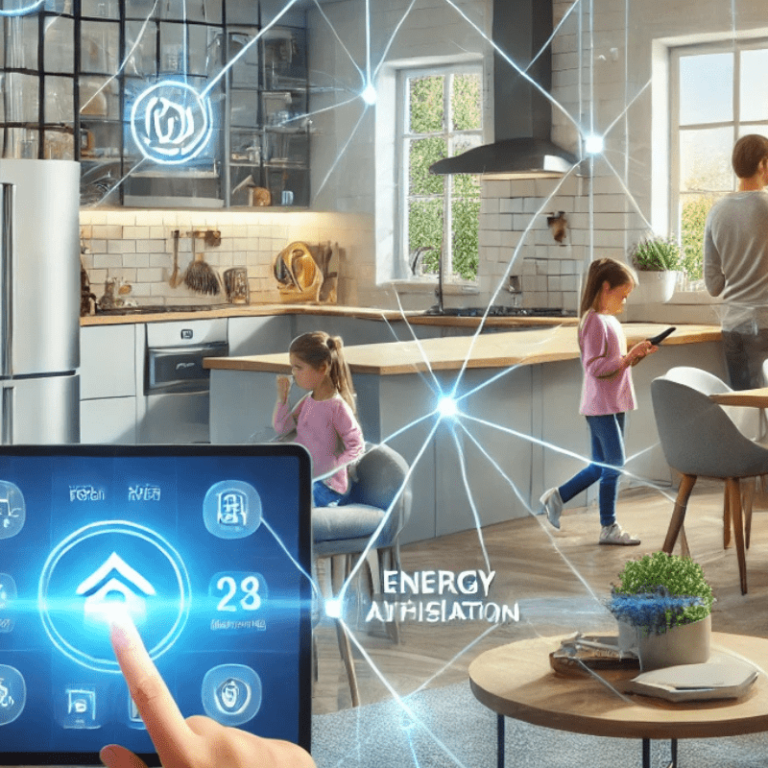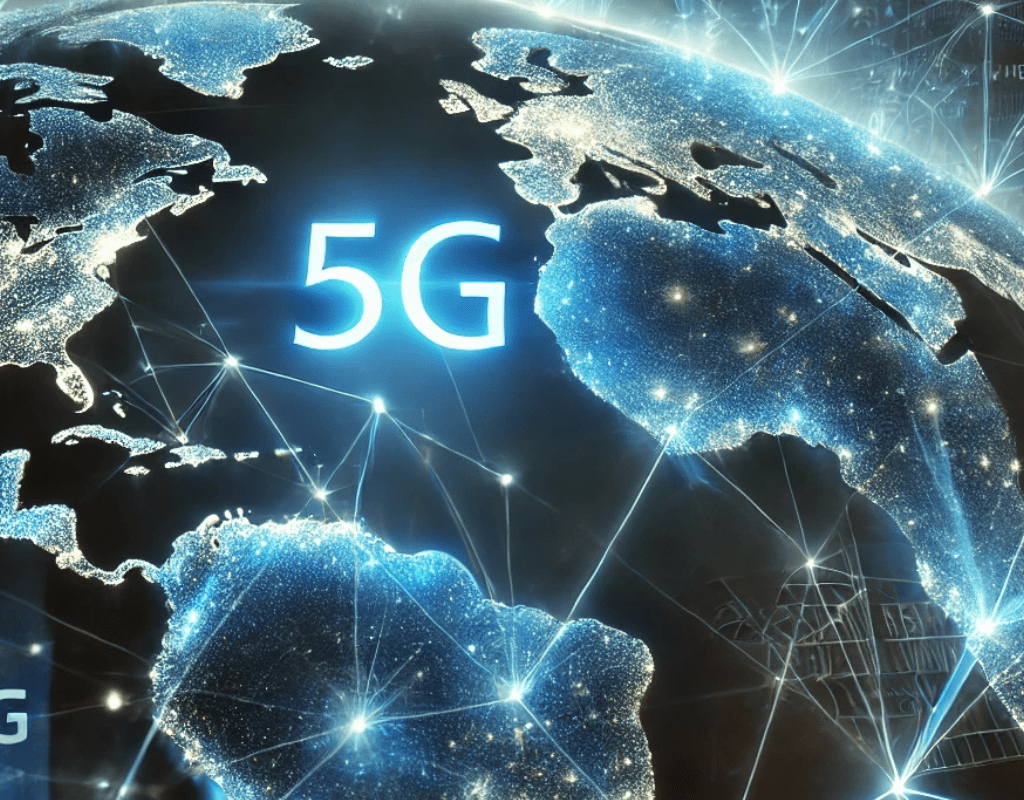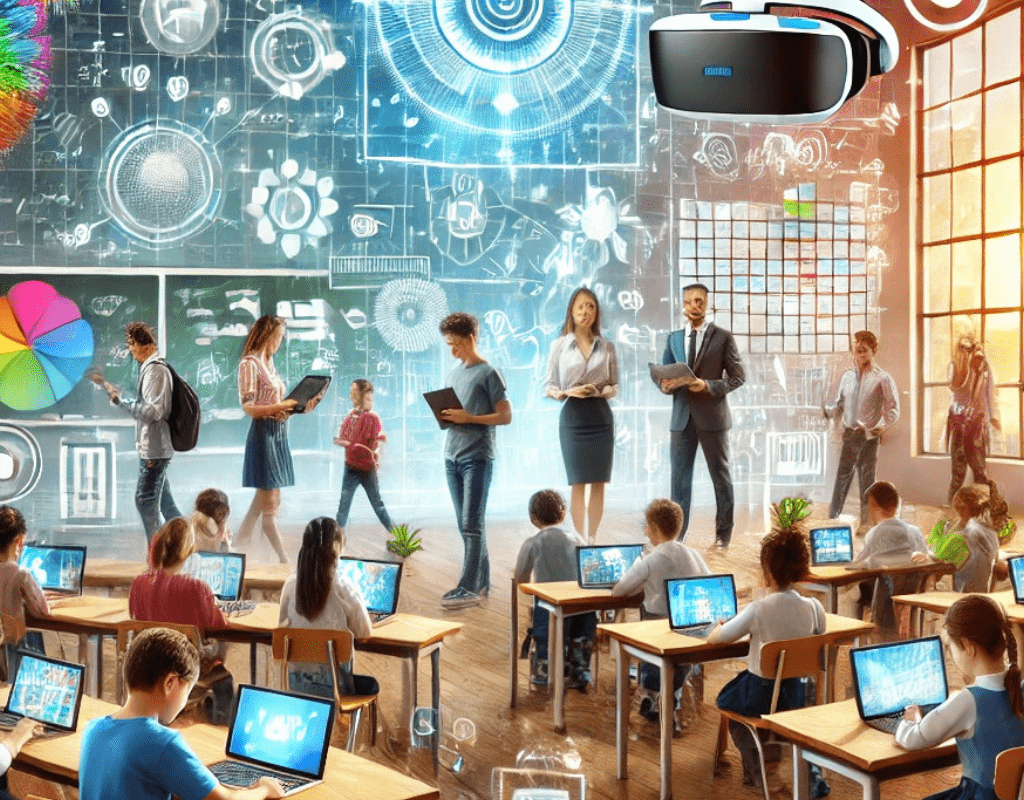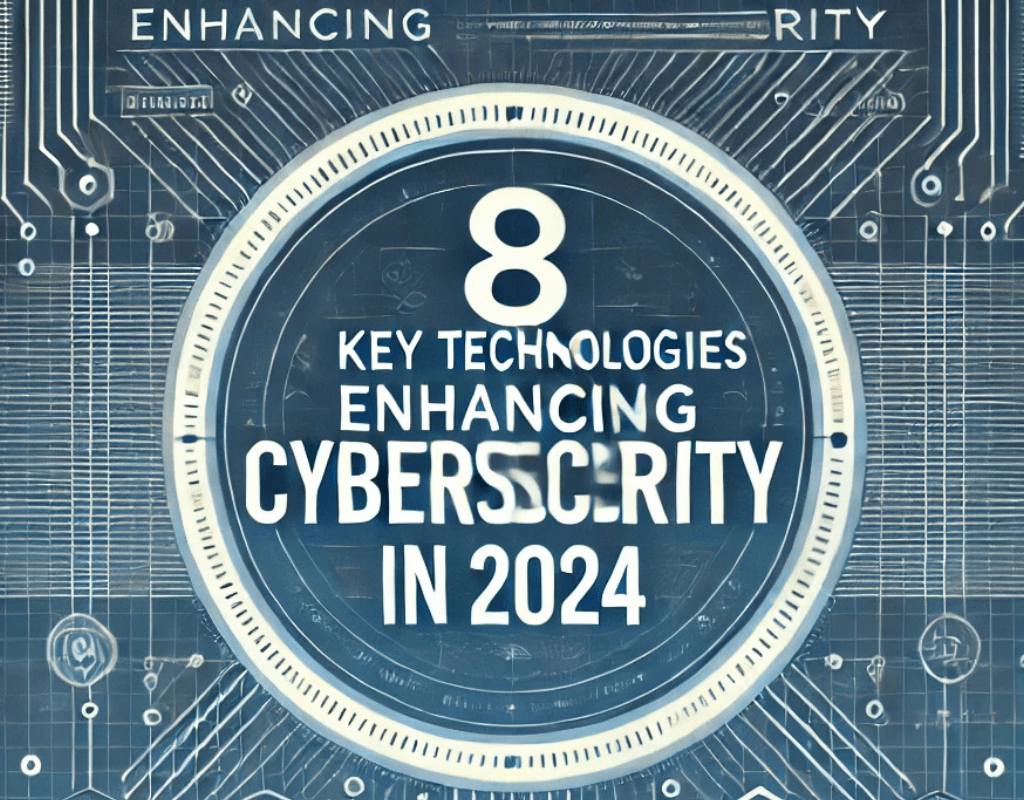The Smart Home Revolution Changing How We Live Every Day
Imagine a home that seamlessly adapts to your needs, making life simpler, more efficient, and infinitely more enjoyable. Welcome to the smart home revolution—a movement where technology transforms ordinary living spaces into interconnected, intelligent environments. Understanding this shift is crucial for tech enthusiasts, innovators, and homeowners. In this blog post, we’ll explore how smart home technology is reshaping our daily lives and its profound impact on convenience, security, and energy efficiency.
Introduction to Smart Home Technology
The concept of a smart home is no longer a distant dream. It’s a present-day reality driven by technological advancements. At its core, a smart home uses connected devices and systems to automate and enhance everyday tasks. Integrating smart technology into our lives offers unparalleled convenience and control, making our homes safer, more energy-efficient, and tailored to our preferences. In this article, we’ll explore how smart home technology revolutionises daily living and why it’s a game-changer for homeowners.
The Evolution of Smart Home Technology
The evolution of technology in homes has been remarkable. From basic automation systems in the 20th century to today’s cutting-edge smart innovations, the transformation is profound. Initially, home automation was limited to simple tasks like controlling lights or appliances. However, the introduction of the Internet of Things (IoT) has revolutionised this landscape. IoT connects devices and systems, enabling them to communicate and work together seamlessly, laying the foundation for modern smart home systems.
Smart home technology has evolved significantly, thanks in part to IoT. This advancement has made it possible for devices to interact intelligently, providing insights and improving efficiency. Connected devices such as smart thermostats, lighting systems, and security cameras are now commonplace, offering homeowners a level of control and convenience like never before. The result? A dynamic, responsive living environment that anticipates and adapts to your needs.

Key Benefits of Smart Home Technology
One of the most significant benefits of smart home technology is the convenience and efficiency it brings to daily life. Imagine scheduling your coffee maker to brew your morning cup at the perfect time or using a mobile app to adjust your home’s temperature while away. Smart devices streamline household tasks, providing you with more free time and peace of mind.
Energy efficiency and cost savings are other compelling advantages of smart home technology. Devices like smart thermostats, energy-efficient lighting, and smart plugs help reduce energy consumption, leading to lower utility bills and a smaller environmental footprint. By optimizing energy use, homeowners can save money while contributing to a greener planet.
Enhanced security is a top priority for many homeowners, and smart home technology delivers. With features like surveillance cameras, smart locks, and security alarms, you can monitor and protect your home from anywhere in the world. These advanced security measures provide peace of mind, ensuring that your home is safe and secure at all times.
Key Benefits of Smart Home Technology
Smart assistants are at the forefront of smart home technology. Devices like Amazon Alexa, Google Assistant, and Apple Siri use voice-activated technology to make interacting with your home more intuitive and enjoyable. Whether you’re checking the weather, setting reminders, or controlling smart devices, these assistants enhance convenience and ease of use. Smart thermostats are another popular smart home device, offering both comfort and efficiency.
They learn from your habits to create an optimal heating and cooling schedule, reducing energy use and lowering costs. By adapting to your preferences, they ensure a comfortable living environment while saving money on energy bills.
Lighting systems and smart plugs are essential components of a smart home, contributing to convenience and energy efficiency. Smart lighting allows you to control your home’s ambience with precision, while smart plugs enable you to manage energy consumption by controlling power to appliances. Together, they enhance both functionality and energy savings.
Home security devices, including smart cameras, locks, and sensors, provide robust protection for your home. By monitoring your property and alerting you to potential threats, these devices offer an extra layer of security. They give homeowners peace of mind, knowing their home is safe and secure, even when they’re not there.
Transformative Impact on Daily Routines
Smart home technology has transformed daily routines, making them more convenient and efficient. In the morning, smart devices adjust lighting and heating to create a comfortable wake-up environment. Throughout the day, they manage alarms, reminders, and household chores with ease, simplifying life’s complexities.
Evening routines benefit from smart technology, too. With automated lighting and entertainment systems, you can set the perfect ambience for relaxation or socializing. On weekends, smart devices make managing time-consuming tasks like cleaning or gardening hassle-free, allowing more time for leisure and family activities.
Potential Concerns and Considerations
While smart home technology offers numerous benefits, it’s essential to consider potential concerns. Privacy and data security are paramount, as smart devices collect and store personal information. Technology companies are continually working to protect user data, but homeowners must be vigilant and informed about security measures.
Cost and accessibility are other factors to consider. While smart home technology offers convenience, it can be a significant investment. It’s essential to weigh the initial costs against the long-term benefits, such as energy savings and increased property value. Additionally, ensuring device compatibility and staying updated with advancements can be challenging.
The Future of Smart Homes and Emerging Technologies
The future of smart homes is bright, with advancements in artificial intelligence (AI) and machine learning poised to make these systems even more intuitive. AI will enable homes to learn and adapt to user preferences, creating a personalized living experience. Sustainability and green technology are also on the rise, promoting energy conservation and eco-friendly solutions.
5G integration will further expand the capabilities of smart home technology. With faster and more reliable connectivity, smart devices can communicate seamlessly, enhancing the overall user experience. This advancement will lead to even more innovative applications and possibilities for smart homes.
The Challenges and Ethical Considerations Integration of Smart Home Technology in Diverse Environments
Smart home technology is not limited to traditional homes; its applications extend to various settings, enhancing the quality of life in numerous environments. For instance, in urban apartment living, space constraints often necessitate more efficient use of areas and smart technology can help optimize space through multifunctional devices and automation.
Smart lighting and climate control systems can adapt to varying indoor environments, providing comfort and efficiency in compact areas. In rural homes, where connectivity can be a challenge, smart technology offers solutions that transcend geographical limitations. Internet of Things (IoT) devices can operate with limited connectivity, ensuring that residents in remote areas can still enjoy the benefits of smart living. Features like remote security monitoring, automated irrigation systems for agriculture, and renewable energy management are particularly beneficial, promoting sustainability and efficiency despite less infrastructural development.
Commercial spaces also benefit significantly from smart technology. In the workplace, smart technology streamlines operations through automated systems for heating, lighting, and security. This not only reduces operational costs but also creates a more comfortable and productive environment for employees. Smart meeting rooms equipped with audiovisual technology and adaptive lighting enhance the work experience, fostering collaboration and innovation.

Healthcare and Smart Home Technology
The integration of smart home technology in healthcare has proven transformative, especially for ageing populations and individuals with disabilities. Smart health monitoring devices, such as wearables and sensors, allow for continuous tracking of vital signs and physical activity. These devices can alert caregivers or medical professionals in real-time, improving response times during emergencies and providing peace of mind to families.
Moreover, voice-activated assistants and smart home automation can significantly enhance independence for elderly or disabled individuals. By controlling home environments through voice or app-based commands, these users can manage their daily routines without relying on caretakers, thus fostering a sense of autonomy. Innovations in telehealth, combined with smart home devices, offer virtual consultations and remote patient monitoring, making healthcare more accessible and convenient.
Education and Smart Learning Environments
Education sectors are experiencing a shift with the introduction of smart technology in learning environments. Classrooms equipped with smart boards, connected devices, and collaborative tools encourage dynamic and interactive learning experiences. These technologies personalize the education process, catering to individual learning styles and paces. In higher education, smart dormitories feature automated systems that manage energy use and create optimal living conditions, aligning with sustainability goals. Additionally, using AI-driven analytics in educational institutions aids in curriculum development and student engagement, making learning more efficient and effective. The growing trend of online education is largely supported by smart technology, facilitating seamless virtual classrooms and remote collaboration tools.
The Role of Smart Technology in Entertainment
Smart home technology has reshaped the entertainment landscape with innovative features that cater to diverse consumer preferences. Smart TVs, sound systems, and home theatres provide immersive experiences, allowing users to tailor not just content but also sound and lighting according to their preferences. Streaming devices grant access to an array of media from around the world, making entertainment more versatile than ever before.
The gaming industry benefits from smart technology through advanced virtual reality (VR) and augmented reality (AR) systems, offering uniquely interactive environments. These technologies simulate realistic experiences, providing users with an engaging and enriched gaming experience. Moreover, smart speakers and voice assistants enable users to effortlessly control media, schedule playlists, and discover new content through intuitive voice commands.
Environmental Impact and Smart Home Technology
Smart home technology contributes significantly to environmental sustainability, a crucial consideration as societies strive toward greener lifestyles. Energy-efficient devices help minimize carbon footprints by reducing electricity consumption and promoting resource conservation. Smart irrigation systems, for example, optimize water usage in gardens and green areas, preventing wastage while sustaining plant health.
Moreover, smart home systems can leverage renewable energy sources more efficiently. Solar panels integrated with smart batteries ensure optimal energy storage and usage, supporting energy independence and environmental preservation. By utilizing these technologies, households not only cut down on utility costs but also contribute to ecological well-being, fostering a harmonious relationship with the planet. Smart Homes
As smart home technology becomes increasingly pervasive, several challenges and ethical considerations emerge. Data privacy remains a paramount issue, as devices collect and store vast amounts of personal information. Ensuring robust cybersecurity measures and informed consent is critical in safeguarding individual privacy and maintaining trust in smart systems. Addressing vulnerabilities and preventing breaches necessitate ongoing diligence and regulation.
Furthermore, ethical considerations regarding using AI and machine learning in smart homes provoke questions about decision-making and control. Balancing automation with human oversight is crucial to preventing over-reliance on technology and ensuring user autonomy. As smart homes become more sophisticated, considering the social implications and ensuring equitable access to these technologies are key factors in fostering inclusive innovation.

Conclusion
Smart home technology is revolutionizing the way we live, offering unparalleled convenience, efficiency, and security. For tech enthusiasts, innovators, and homeowners, staying informed about these advancements is crucial. By embracing smart home technology, we can create a more comfortable, connected, and sustainable future. As we continue to explore the possibilities, the question remains—how smart can your home become, and how will it shape your daily life?
“Get in touch with us for inquiries or collaborations on our Contact Page at TechHubComing.com!”




